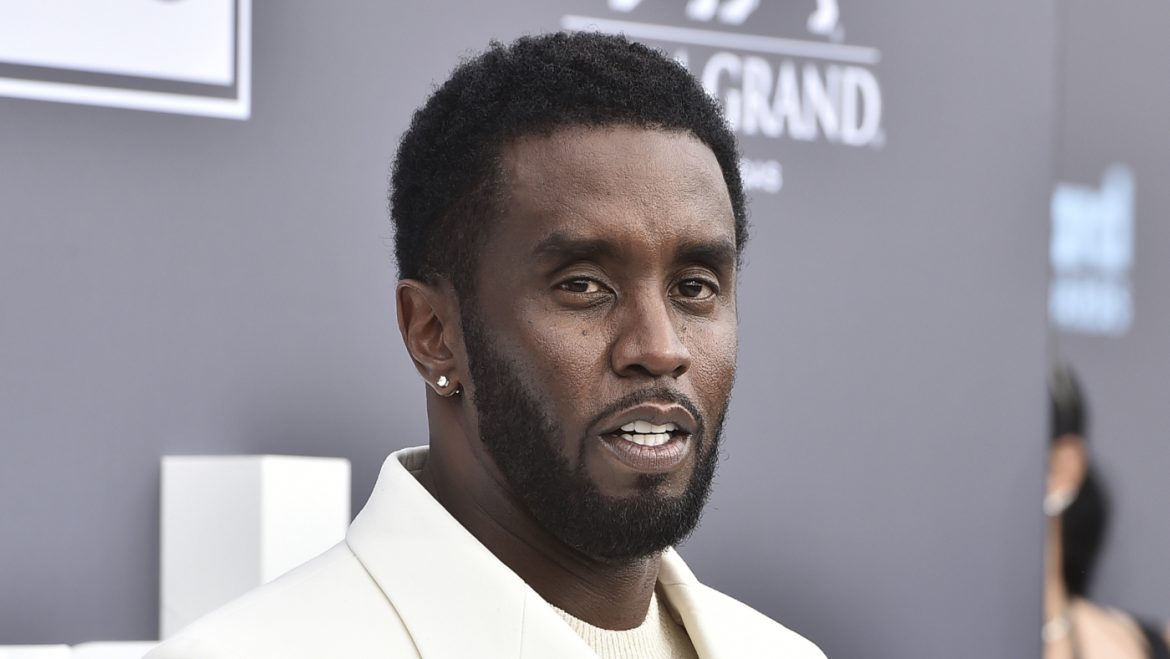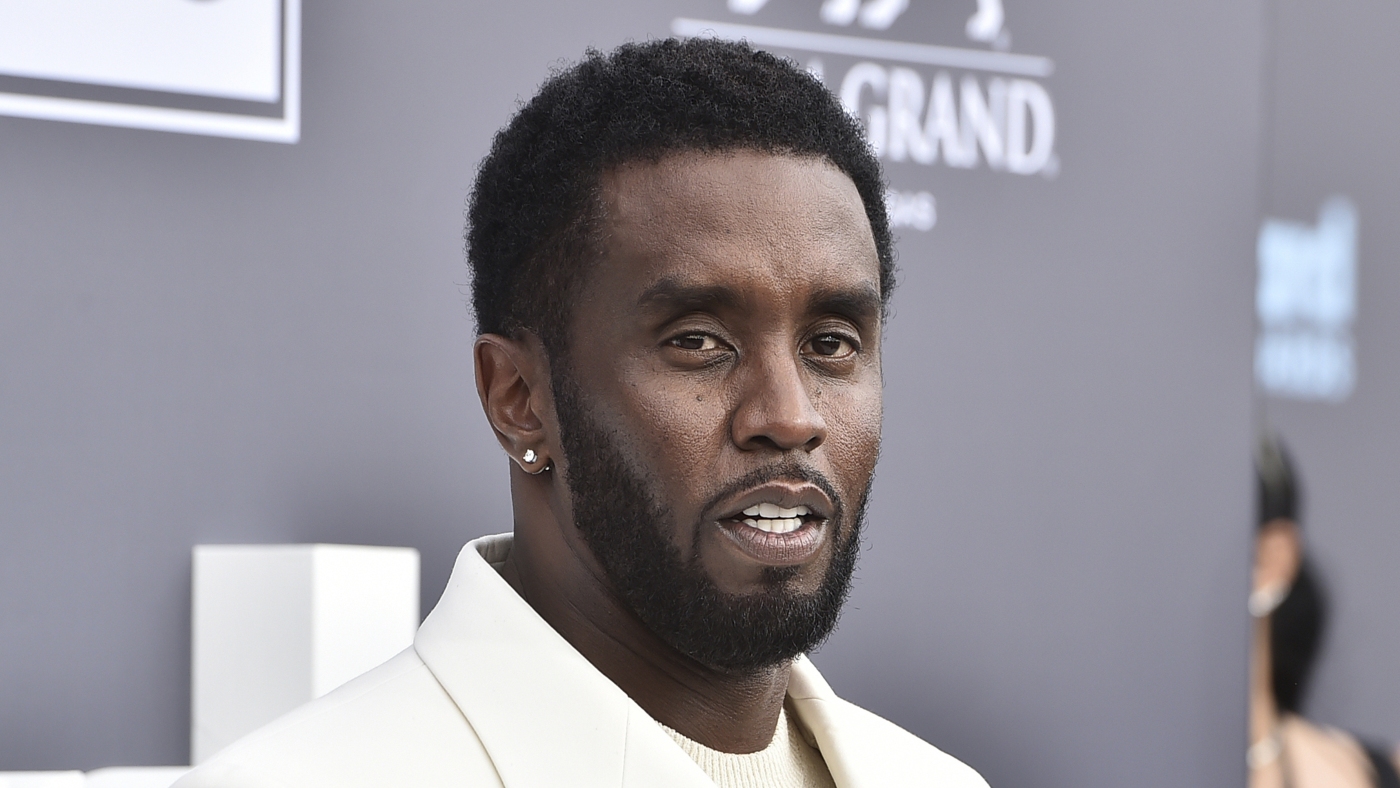The ongoing federal sex trafficking and racketeering trial of Sean “Diddy” Combs has placed an intense spotlight on Casandra “Cassie” Ventura, former girlfriend and key prosecution witness. Ventura’s testimony, particularly under cross-examination by Combs’ defense attorneys, has become a pivotal element in this high-profile case. A detailed examination of the cross-examination sessions reveals the defense’s strategic focus on challenging Ventura’s credibility, motives, and the context surrounding her allegations, while also unfolding intricate personal dynamics linked to the accusations. This report analyzes the defense’s questioning approach, Ventura’s key statements, and the broader implications for the trial.
Contextual Background: The Role of Cassie Ventura’s Testimony
Ventura testified over several days about a range of sensitive, graphic, and emotionally charged incidents she says occurred during her relationship with Combs. Her testimony has included allegations of intimidation, drug-fueled sex parties (“freak offs”), manipulation, and personal abuse, including an explicit allegation of rape in 2018. Ventura’s involvement is widely regarded as critical by prosecutors, positioning her as one of the most important government witnesses.
The defense, led notably by attorney Anna Estevao, has begun intense cross-examinations aimed at dissecting Ventura’s narrative, questioning the reliability of her claims and contextualizing her behavior and motives during those years.
Focus of the Cross-Examination: Key Themes and Strategies
1. Questioning Credibility through Drug Use and Prior Conduct
Defense attorneys have scrutinized Ventura’s admitted drug use and episodes of aggression, including a reference to an alleged assault on a security guard. Such lines of questioning aim to introduce potential biases and undermine her reliability as a witness. For instance, Ventura was pressed on her involvement in drug-fueled parties and her emotional state during the relationship, implying that her testimony might be influenced by jealousy, intoxication, or personal grievances.
2. Highlighting Emotional Turmoil and Relationship Dynamics
The defense repeatedly stressed the romantic nature of Ventura and Combs’ relationship, emphasizing their reported 11-year history. Cross-examiners probed Ventura about texts, emails, and explicit messages exchanged with Combs, pointing to moments of jealousy or emotional conflict, particularly concerning the rapper’s interactions with other women, such as his relationship with Kid Cudi. This tactic appears designed to frame Ventura’s allegations as stemming from personal upset rather than objective truth.
3. Attempting to Separate Combs’ Violent Episodes from Direct Responsibility
During questioning, the defense acknowledged Combs’ wrongdoing in previous violent incidents, such as one caught on a 2016 video released by CNN, yet they deliberately avoided linking these episodes explicitly to the allegations Ventura presented. This nuanced positioning seems intended to isolate Combs’ past behavior from the specific claims of trafficking and abuse, thereby narrowing the scope of accountability.
4. Challenges to Testimony about “Freak Offs” and Consent
The defense sought to challenge Ventura’s narrative around the so-called “freak offs”—drug-and-sex-fueled orgies she claimed Combs orchestrated. By reviewing explicit messages and questioning her responses, attorneys aimed to question whether Ventura’s participation was fully coerced or exploitative, highlighting potential inconsistencies or indications of voluntary involvement.
Ventura’s Responses and Testimony: Strengths and Limitations
Despite rigorous cross-examination, Ventura largely stood firm on key points, including her assertion that she was intimidated and manipulated into participating in exploitative sex-and-drug scenes. She also directly testified regarding the rape incident in August 2018, recounting a traumatic event reportedly occurring in her home. Ventura’s testimony conveyed vulnerability and personal trauma, adding emotional weight to the prosecution’s case.
That said, the defense’s probing on motives and behavior—such as jealousy or drug use—introduces shades of complexity to her account that jurors must consider, revealing aspects that make her testimony more nuanced and less clear-cut.
Broader Trial Implications and Strategic Considerations
The defense’s approach in cross-examining Ventura reflects a classic legal strategy when confronting a powerful prosecution witness: introduce alternative explanations for behavior, highlight potential credibility issues, and contextualize allegations within emotional or flawed human relationships. By doing so, Combs’ legal team aims to create reasonable doubt in jurors’ minds, separating their client from some of the most damaging elements of Ventura’s narrative.
Simultaneously, the prosecution’s reliance on Ventura underscores the gravity of her testimony and its centrality to establishing a pattern of alleged criminal conduct. The trial’s progression over the next days, with continued cross-examination and likely rebuttal witness testimonies, will shape how the jury perceives the complex interplay between personal relationships, alleged coercion, and consent.
Conclusion: The Crucial Crossroads of Credibility and Justice
Cassie Ventura’s cross-examination in the Sean “Diddy” Combs trial presents a gripping courtroom drama that swings on questions of truth, power, and personal trauma. Her resilience under intense scrutiny contrasts with the defense’s careful dismantling of her narrative through pointed allegations of drug use, emotional volatility, and contested consent. The trial encapsulates the modern legal challenge of weighing complex personal histories against criminal allegations with wide-reaching societal implications.
As the courtroom battles unfold, Ventura’s testimony and the defense’s counterpoints will remain a critical fulcrum of the trial’s outcome—testing not only legal arguments but also jurors’ abilities to interpret human relationships entwined with exploitation claims. Whatever the verdict, these exchanges highlight the profound difficulties in adjudicating cases where private pain intersects with public justice on a stage as charged as Sean Combs’ federal trial.


